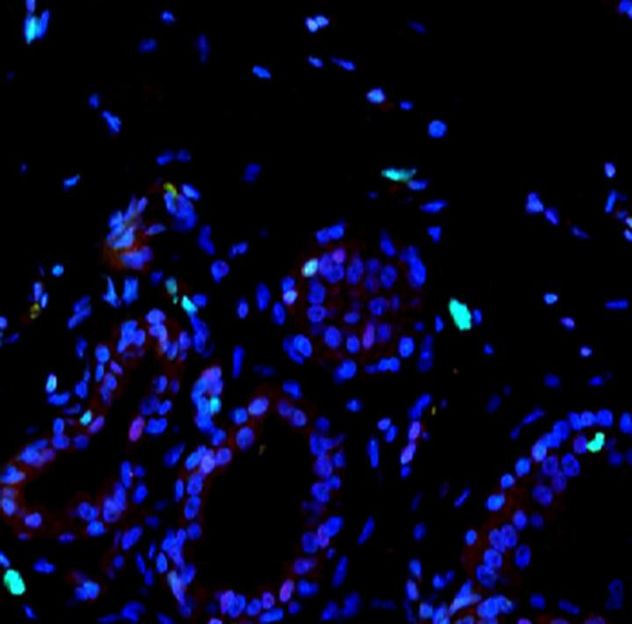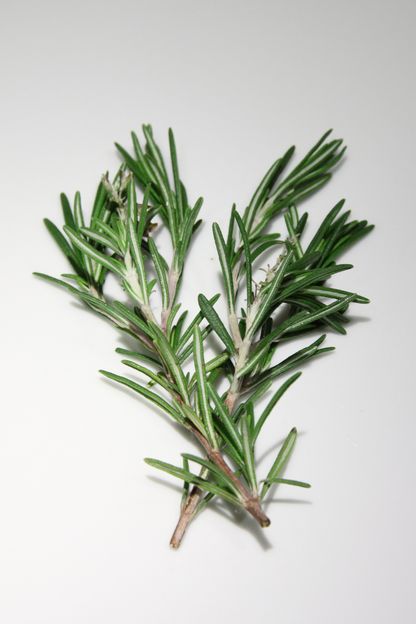deCODE Discovery Sheds Light on Risk of the Most Common Form of Skin Cancer
Latest discoveries add to understanding of individual risk of basal cell carcinoma, and are integrated into the deCODEme™ personal genome analysis scan
Scientists at deCODE genetics reported the discovery of common versions of two single-letter variations in the human genome (SNPs) that confer risk of basal cell carcinoma (BCC). Unlike the four sets of SNPs previously found by deCODE to confer risk of BCC and cutaneous melanoma, those are not linked to fair pigmentation traits that also make certain people prone to freckling and sunburn. These SNPs, both located on chromosome 1, may therefore provide new insight into an underlying biological mechanism causing BCC, independent of the impact of exposure to ultraviolet (UV) radiation in sunlight. Approximately 2% of people of European descent carry two copies of the risk versions of both SNPs, and are at a 170% greater risk of BCC than those who do not carry the risk variants. The paper, entitled ‘Common variants on 1p36 and 1q42 are associated with cutaneous basal cell carcinoma but not with melanoma or pigrmentation traits,’ appears in the online edition of Nature Genetics.
“With this discovery we continue to build our portfolio of novel risk factors for common skin cancers, diseases that cause significant morbidity and that are on the rise in the industrialized world. Once again we have used our capabilities in human genetics to gain a new understanding of the root causes of a major disease, that appear to act independently of known environmental risk factors. These two SNPs can also be used to enable individuals to better understand their own susceptibility to BCC and thus to take measures to lower their environmental and overall risk, and we are pleased to have added them already to our deCODEme™ service,” said Kari Stefansson, CEO of deCODE and senior author of the study.
The SNPs were discovered through the analysis of more than 300,000 SNPs across the genomes of more than 900 Icelanders with BCC and more than 33,000 control subjects. The SNPs most strongly correlated with BCC were then validated through the analysis of additional Icelandic and Eastern European cohorts of approximately 4,000 cases and controls. The deCODE team then analyzed data from more than 42,000 individuals from Iceland, Sweden and Spain to demonstrate that these novel variants conferring risk of BCC do not correlate with either fair pigmentation or with risk of cutaneous melanoma. The SNPs thus appear to confer risk independently of that of variants in or near the MC1R, ASIP, TYR and TYRP1 genes that deCODE has reported in earlier studies.
Topics
Organizations
Other news from the department science

Get the life science industry in your inbox
By submitting this form you agree that LUMITOS AG will send you the newsletter(s) selected above by email. Your data will not be passed on to third parties. Your data will be stored and processed in accordance with our data protection regulations. LUMITOS may contact you by email for the purpose of advertising or market and opinion surveys. You can revoke your consent at any time without giving reasons to LUMITOS AG, Ernst-Augustin-Str. 2, 12489 Berlin, Germany or by e-mail at revoke@lumitos.com with effect for the future. In addition, each email contains a link to unsubscribe from the corresponding newsletter.
More news from our other portals
Last viewed contents

New predictive tool for assessing breast cancer risk - Levels of molecular marker Ki67 in healthy breast tissue predicts a woman's risk of developing breast cancer
Wolf-Hirschhorn_syndrome



















































